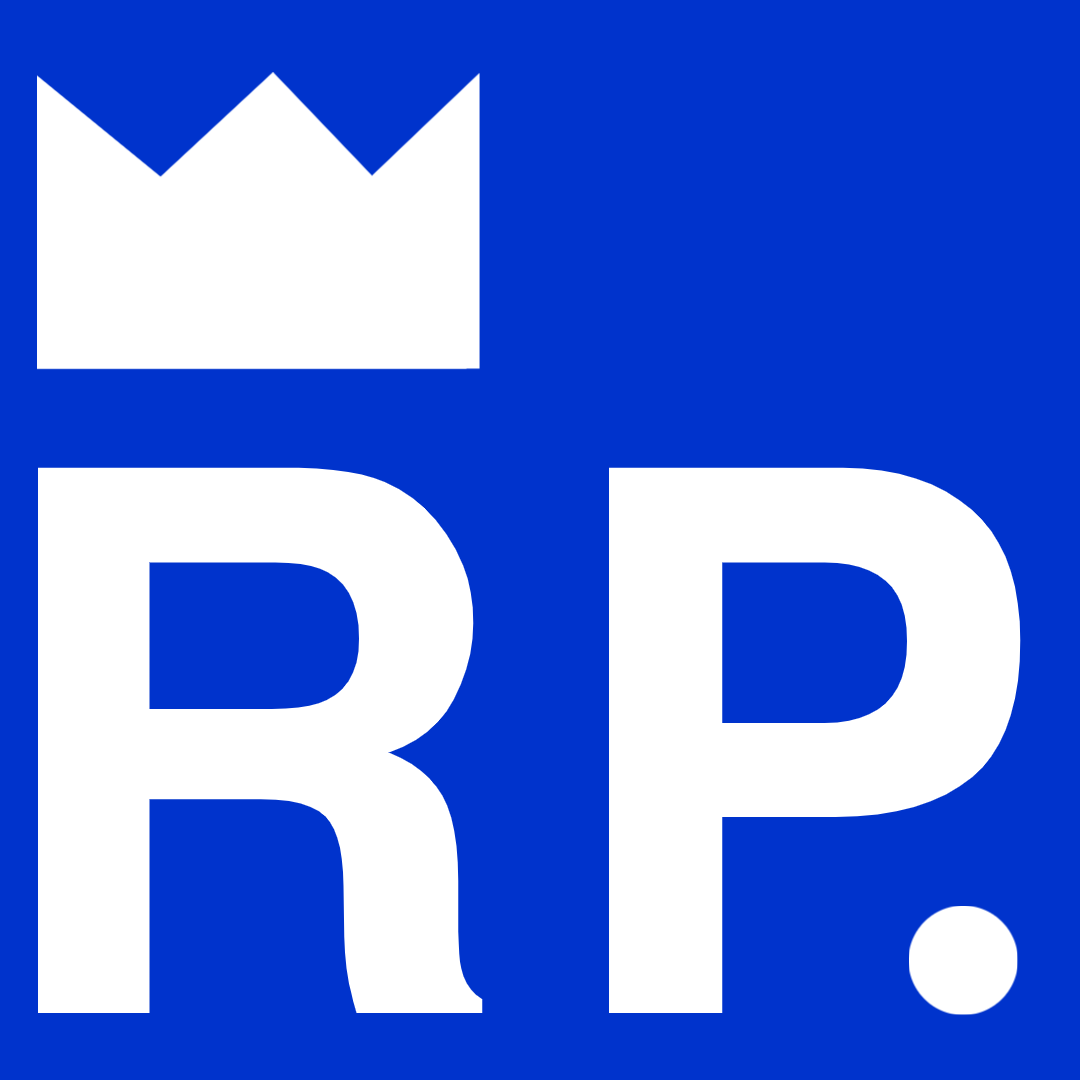Pfizer Vaccine Brings Hope and Questions
Dec 7, 2020
On November 9, 2020, the American pharmaceutical corporation Pfizer announced that they had created a (relatively) successful vaccine for the novel coronavirus.
With COVID-19 having been introduced to the world on November 17, 2019, it has been just over a year since then, and only now do we have the opportunity to protect ourselves from the virus.
Still, Pfizer’s vaccine isn’t quite ready for the public. It has a 90 percent effectiveness rate, which is similar to one dose of the measles vaccine, which is about 93 percent effective. Pfizer has said that even if recipients receive the recommended two doses, 1 in 10 people are still vulnerable to catching COVID.
The question remains, though: once the general public has been vaccinated for the coronavirus, what will change?
In all fairness, not much. Masks will still need to be worn, and social distancing will be enforced for a time afterwards. You most likely will not be out partying until at least the summer of 2021.
Allison Butz, sophomore, besides her own experiences, has the added perspective of being the daughter of a medical professional. Her mother has told her about the many people who come in to be treated wearing their masks incorrectly, denouncing COVID safety measures, and even going out in public after testing positive.
“I’m disappointed [in the way COVID is being received]. It seems like a lot of people are giving up, and are tired of the safety measures, but we need to continue to be resilient,” said Butz. “We have to continue being diligent about safety,”
Of course, the United States’ public safety isn’t all up to the people.
“The government needs to be doing a better job fighting the virus. They are unwilling to shut down again for people’s safety. They seem to value profit, rather than the good of the population,” said Butz.
Instead of tiptoeing around the idea of a shutdown, Butz hopes the government will take charge and implement policies that can help Americans get back to (somewhat) normalcy. This would include care packages for recently furloughed families, better unemployment benefits, and, most importantly, another mandated shutdown of non-essential services.
On November 19, in response to rising cases in Minnesota and across the country, Governor Tim Walz did just this. All bars and gyms have been closed, and restaurants can only serve takeout for the following four weeks. Still, Walz’s efforts are for nothing if other states don’t implement the same policies.
It’s hard not to feel a bit hopeless with COVID numbers making headlines each morning, especially now that the amount of recreational spaces have shrunk yet again. The news of the Pfizer vaccine is promising, but how the public reacts will ultimately decide how long the virus will dictate our lives.
“A lot of people will think that the problem is solved, but we won’t be in the clear. We can’t go back to normal,” said Butz. ”I think it’s in people’s best interest to keep wearing masks and frequently sanitizing and washing hands. I am curious to see how it all plays out,”
Getting America’s general population vaccinated might be easier said than done, though. Many people are fearful of the vaccine for how short a time was spent developing it, and many others have personal aversions to vaccines of any kind. Herd immunity is the most important thing in the age of COVID, and it’ll be hard to maintain if people can’t get on board.
“I think the debate of vaccines will continue. I am sure there will be people who refuse it, or at least will take some convincing. It will take a while to get everyone vaccinated, but once we do, hopefully we can go back to normal.” said Butz.
90 percent effectiveness or not, Pfizer’s vaccine is a step in the right direction.
